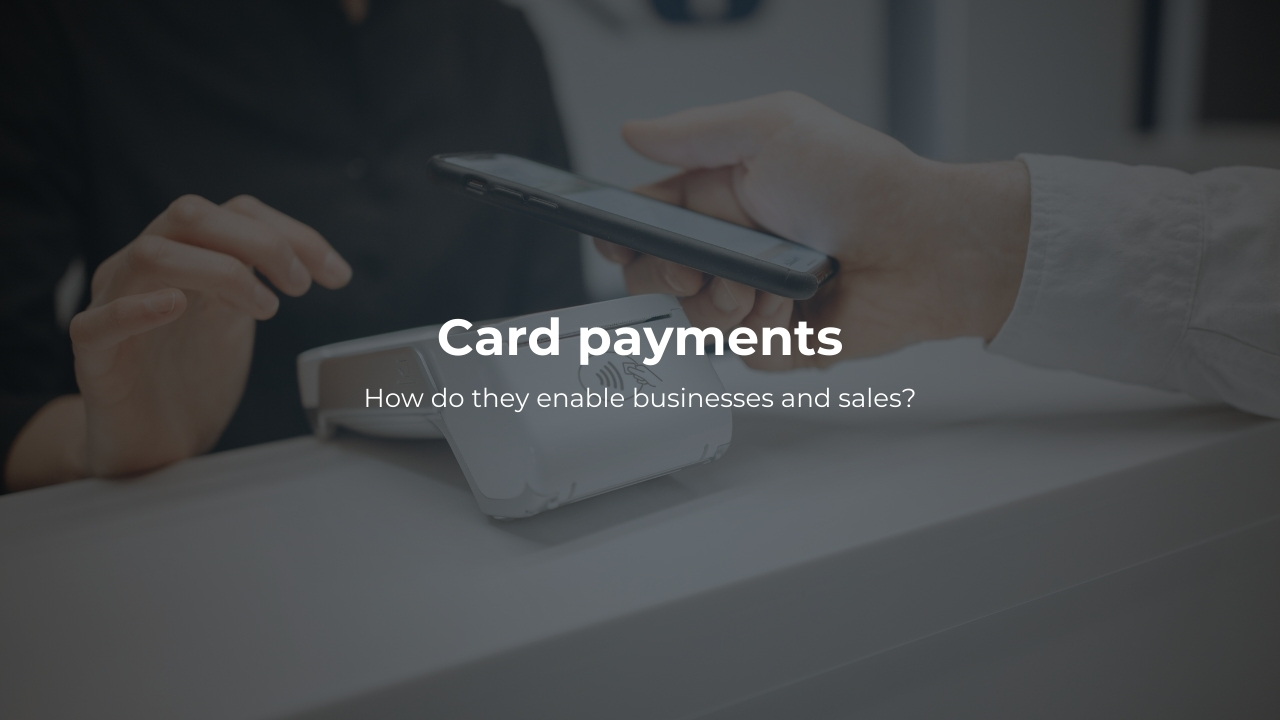Chargebacks are a growing challenge in the payments industry, affecting businesses of all sizes and types. According to Ethoca, estimated global chargeback volume might reach 337 million by 2026. On top of that, Verifi shares that 75% of chargebacks are cases of “friendly fraud,” where customers dispute legitimate purchases. As businesses face increasing pressure to manage these disputes, having an effective chargeback management solution in place is more critical than ever. But let’s start from the beginning.

What is chargeback?
A chargeback is a process where a consumer disputes a credit or debit card transaction, leading the issuing bank to reverse the payment. It acts as a consumer protection tool, enabling buyers to recover funds for unauthorised or fraudulent transactions, or when they receive goods or services that don’t meet expectations. However, chargebacks can also be triggered by “friendly fraud,” where legitimate purchases are wrongly disputed.
What is a refund?
A refund is the return of money to a customer after they cancel a purchase or are dissatisfied with a product or service. It typically occurs when the customer returns the purchased item or raises a complaint, and the merchant agrees to reverse the transaction, giving the customer back the original amount paid. Refunds can be processed through various payment methods, depending on how the initial transaction was made.
What is the difference between a refund and chargeback?
The main difference between a refund and a chargeback lies in who initiates the process and how it is handled:
A refund is initiated by the merchant when a customer requests a return of funds, typically due to dissatisfaction. The customer communicates directly with the seller, and the refund is processed voluntarily by the business, often involving a return of the product.
Chargeback is initiated by the customer’s bank at the request of the cardholder when they dispute a transaction, often without contacting the merchant first. Chargebacks are intended as a consumer protection mechanism in cases of fraud, unauthorised transactions, or unresolved issues with a purchase.
In short, refunds are cooperative, merchant-initiated reversals, while chargebacks involve a formal dispute and are handled through the banking system.
How chargebacks impact businesses?
Chargebacks have a significant impact on businesses, both financially and operationally. Here are some keyways they affect merchants:
- Financial losses: Chargebacks not only result in the loss of the transaction amount, but businesses must also pay additional fees. For example, Mastercard estimates that for every card dispute, merchants incur between $15 to $70 in operational costs, not including the lost revenue from the sale.
- Increased risk of fraud: A growing concern for businesses is “friendly fraud” (also known as first-party fraud), where legitimate transactions are disputed. Various regulatory organisations enforce specific fraud thresholds. Exceeding these limits can result in higher penalties or the merchant being placed in high-risk programs.
- Reputation and Processing Fees: High chargeback ratios can damage a business’s reputation with payment processors, leading to higher transaction fees or even the loss of the ability to process card payments at all.
Our senior transaction monitoring specialist, Nataliia Girdziene, offers practical tips for businesses to proactively prevent chargebacks and protect their bottom line:
- Businesses should have a clear return policy, thoroughly explain shipping and fulfilment practices;
- Provide easily accessible contact information;
- Respond promptly to customer service issues;
- Ask all your customers at checkout to verify that they’ve read and agree to T&C before completing the transaction;
- Offer easy subscription/membership cancellation;
- Provide clear, detailed product descriptions with photos;
- Use tracking and delivery confirmation;
- Use clear billing descriptor on card statements to help your customers recognize the charge;
- Verify your customers, use antifraud tools such as geolocation check, 3-D Secure etc.

Nataliia Girdziene, Senior transaction monitoring specialist
Chargeback management at PAYSTRAX
In collaboration with our partner, DisputeHelp, we have implemented a suite of advanced chargeback management tools aimed at minimising fraud losses and proactively preventing chargebacks for our merchants. By leveraging reliable solutions from VISA and Mastercard, merchants can now receive real-time notifications of incoming chargebacks, allowing them to issue refunds pre-emptively. Our automated systems streamline this process, significantly reducing operational costs by following predefined rules that trigger refunds instead of manual chargeback processing. This automation not only saves time but also mitigates the risk of disputes escalating unnecessarily.
VISA transactions
To manage chargebacks made with VISA cards, there are three tools:
- Verifi Order Insight allows cardholders and issuers to see all transaction details. This transparency helps resolve potential misunderstandings upfront, reducing the likelihood of chargebacks by addressing concerns before a dispute is initiated.
- Verifi Compelling Evidence 3.0 provides merchants with crucial data on a cardholder’s previous transaction history, helping to validate the legitimacy of the current transaction. This tool is effective both in pre-dispute scenarios and during active disputes in card-not-present environments.
- Verifi Rapid Dispute Resolution (RDR), disputes trigger an alert that automatically issues a refund based on the merchant’s preset rules. This reduces manual processing, lowers chargeback volume, and enhances the customer experience by resolving disputes swiftly.
Mastercard transactions
Different tools are used for Mastercard transactions to manage chargebacks:
- Ethoca Consumer Clarity generates a detailed transaction report that is shared among the merchant, card issuer, and cardholder, providing transparency to help resolve potential issues before a chargeback is initiated. This proactive approach helps to clarify transaction details, reducing misunderstandings and preventing unnecessary disputes.
- Ethoca Alerts notifies the merchant immediately when a chargeback is initiated, allowing them to issue a refund before the chargeback is processed. This proactive approach helps merchants reduce chargeback volume and streamline dispute resolution.
By leveraging these advanced tools, our merchants benefit from one of the most effective chargeback management solutions in the industry. Nataliia highlights several key points that provide significant value to businesses:
-
- Automated dispute management: Simplifies and speeds up the dispute resolution process.
- Improved fraud detection: Enhances the detection of fraudulent activities before they result in chargebacks.
- Cost efficiency: Reduces the financial impact of chargebacks on your business.
- Enhanced reporting: Provides detailed insights and analytics on chargeback trends and causes.
Check out our case study with DisputeHelp to find out more about implemented tools and results.

Chargeback management – smooth sailing
Implementing robust chargeback management tools like can significantly reduce chargeback volumes, streamline dispute processes, and enhance overall customer satisfaction. By using automated systems and real-time transaction data, merchants can proactively prevent disputes, lower operational costs, and ensure a smoother resolution process. Partnering with solutions from trusted providers empowers our merchants to stay ahead of fraud risks and protect their bottom line while fostering trust with their customers. Check out more about our risk and fraud management solutions here!




